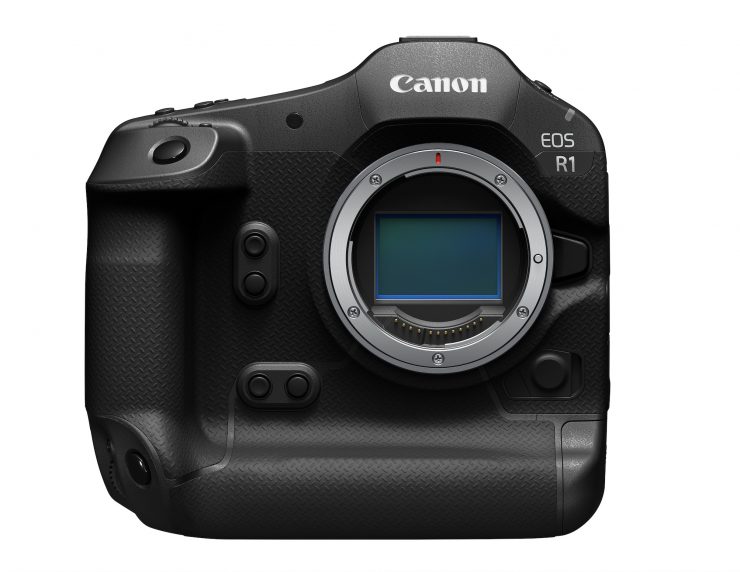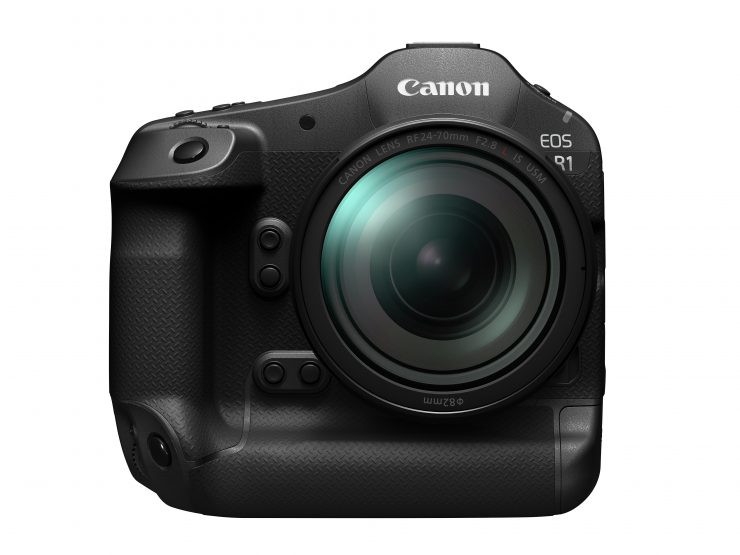Canon has finally announced the development of their flagship full frame mirrorless camera, the EOS R1. The long awaited EOS R1 will be officially released later this year.

The EOS R1 is claimed to bring together Canon’s cutting edge technology, combining top-class performance with strong durability and high reliability.
The EOS R1 will feature the newly developed image processor DIGIC Accelerator in addition to the pre-existing processor DIGIC X. Canon claims that this combination allows a large volume of data to be processed at high speeds, with the aded bonus of delivering incredible advancements in Auto Focus (AF) and other functions.

By combining the new image processing system and deep learning technology to an advanced degree, Canon has achieved high-speed and high-accuracy subject recognition. For example, subject tracking accuracy has been improved so that in team sporting events where multiple subjects intersect, the target subject can continually be tracked even if another player passes directly in front of them. In addition, the AF “Action Priority” function recognises subject movement by rapidly analysing the subject’s status. In moments during a sports game when it is difficult to predict what will happen next, this function automatically determines the player performing a certain action, such as shooting a ball, as the main subject and instantly shifts the AF frame, thereby helping to capture decisive moments of gameplay.
According to Canon, the EOS R1 will dramatically improve the performance of both still images and video and meet the high requirements of professionals on the frontlines of a wide range of fields including sports, news reporting, and video production.
Canon is working on field tests for this camera, and will support capturing definitive and impactful moments at international sporting events to be held in the future, such as the upcoming Paris Olympics.
The combination of the new image processing system and deep learning technology will help to improve image quality. Canon implements the image noise reduction function, which has been previously developed and improved as part of the software for PCs, as a camera function to further improve image quality and contribute to user creativity.
Going forward, Canon will continue to expand the EOS R SYSTEM lineup of innovative cameras and RF lenses, thereby continuing to meet the demands of a wide range of users and contribute to the development of photography and video culture.
To register your interest and keep updated on the EOS R1, sign up here: www.canon.com.au/cameras/eos-r1





